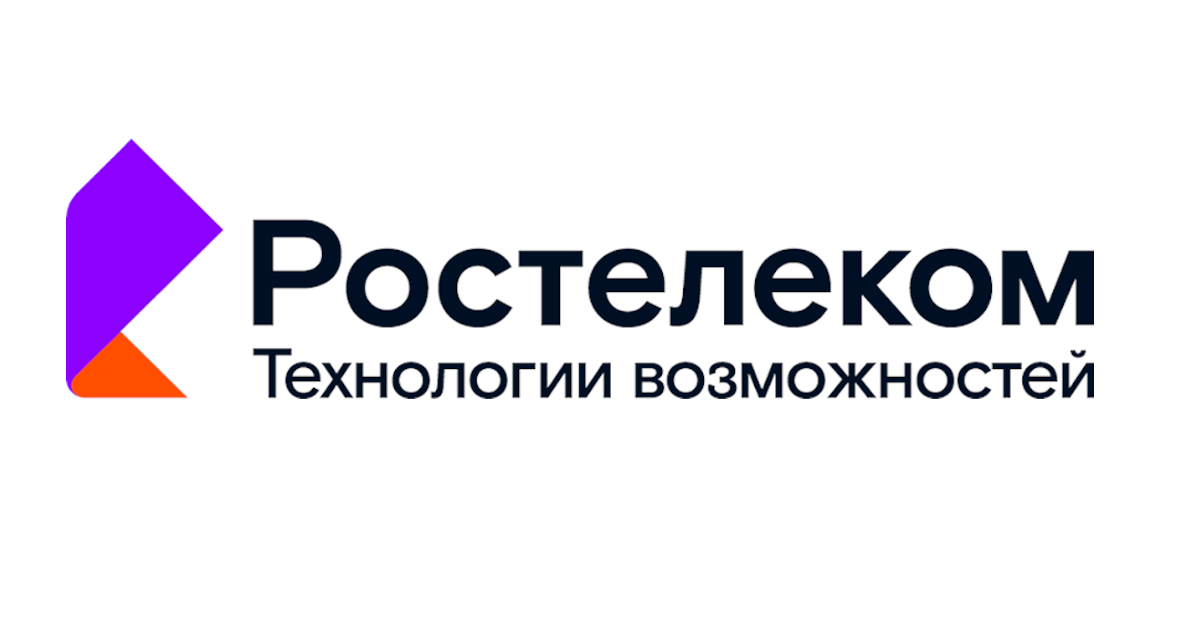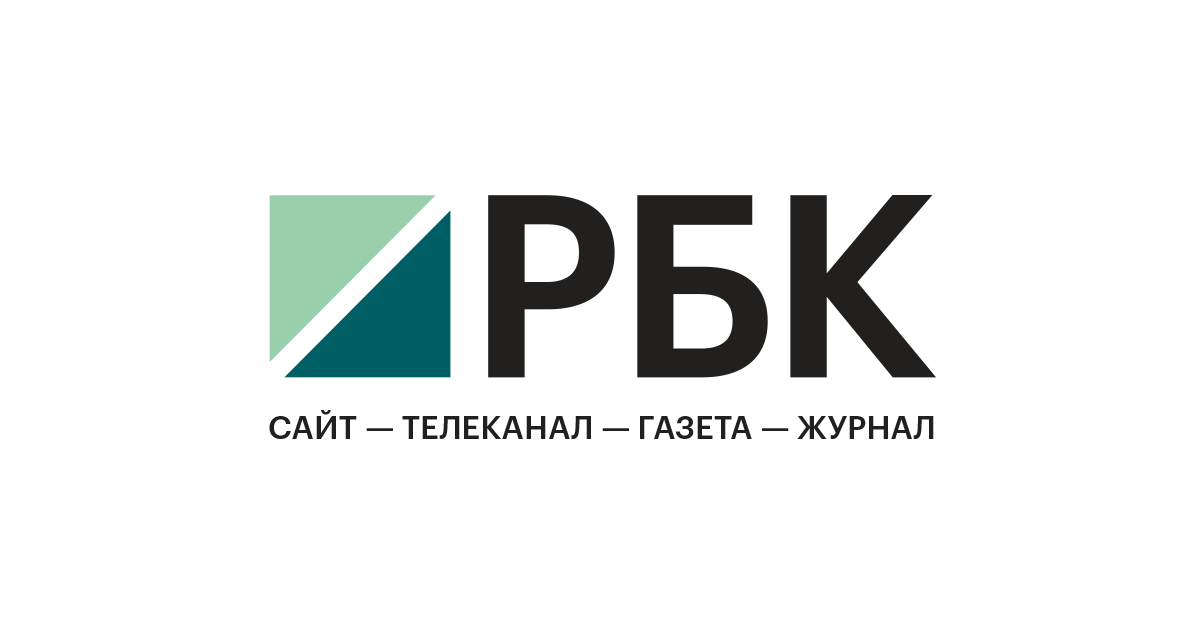The Digital Tug-of-War: Russia's Struggle with YouTube and Google
July 29, 2024, 3:53 am
In the digital age, access to information is as vital as air. Yet, in Russia, the air is thick with tension between the government and tech giants like Google and YouTube. The conflict is not just about video streaming; it’s a battle for control, respect, and compliance.
On July 26, 2024, Russia's media watchdog, Roskomnadzor, made a bold statement. They declared their right to take measures against YouTube, citing repeated violations of Russian law by Google, the parent company. This is not just a spat; it’s a significant escalation in a long-standing feud. The Russian government feels disrespected. They believe that Google has turned its back on the country, blocking accounts of local media, artists, and bloggers.
The stakes are high. Roskomnadzor claims they have the tools to "motivate" Google to comply. This vague term hints at potential sanctions or technical measures that could cripple YouTube's functionality in Russia. The agency has already imposed over 25 billion rubles in fines on Google over the past three years. Yet, the fines have not yielded the desired results. The relationship is fraying, and the consequences could be dire for Russian users.
In mid-July, Roskomnadzor demanded that Google unblock over 200 Russian accounts. They sent a letter to Sundar Pichai, Google's CEO, but received no response. This silence speaks volumes. It reflects a growing chasm between the two entities. Meanwhile, Alexander Khinshtein, head of the State Duma's information policy committee, warned that Russian data centers working with Google might soon sever ties. This could lead to a staggering 70% drop in YouTube's loading speed for desktop users in Russia.
The technical issues are piling up. Providers like Rostelecom have reported a surge in complaints about YouTube's performance. They attribute the problems to Google's failure to maintain its Global Cache servers in Russia. These servers are crucial for caching popular content, ensuring fast access for users. Without them, users will experience slower loading times and degraded video quality.
Rostelecom has been monitoring the situation closely. They noted that since 2022, Google has neglected its infrastructure in Russia, leading to significant service degradation. The company's decision to halt updates and support for its caching servers has left users in a lurch. The result? A frustrating experience for millions of Russians who rely on YouTube for entertainment and information.
The situation is further complicated by the regulatory landscape. Roskomnadzor is adamant about enforcing compliance with Russian laws. They view Google's actions as a blatant disregard for local regulations. The agency has hinted at using technical means to ensure that YouTube adheres to these laws. This could involve throttling speeds or even blocking access altogether.
In a recent statement, Rostelecom highlighted the growing dissatisfaction among users. Complaints about YouTube's performance have skyrocketed, particularly for high-resolution videos. The lack of clarity on how to resolve these issues leaves users frustrated and confused.
Meanwhile, Google has been trying to navigate this turbulent environment. They have suggested alternative solutions, such as establishing direct connections in Moscow or St. Petersburg to improve service quality. However, many providers believe these measures will only provide a temporary fix. The underlying issues with Google's infrastructure remain unresolved.
Experts predict that without immediate action, the quality of YouTube content in Russia will continue to decline. Users may soon find themselves watching videos in lower resolutions or facing frequent interruptions. The ripple effects of this digital tug-of-war could extend beyond just YouTube. Other Google services may also suffer, impacting millions of users across the country.
The decline of Google's Global Cache servers is a ticking time bomb. As these servers age and fail, the burden will shift to the remaining infrastructure. Users in remote regions will feel the impact first, as access to content becomes increasingly sluggish. The digital divide will widen, leaving some users stranded in a sea of buffering.
The situation is precarious. Russian regulators are determined to assert their authority over foreign tech companies. They want to send a clear message: compliance is not optional. On the other hand, Google is caught in a bind. They must balance their global operations with the demands of a single market.
As the dust settles, one thing is clear: the battle for digital supremacy in Russia is far from over. The stakes are high, and the consequences will be felt by millions. Users are left watching and waiting, caught in the crossfire of a conflict that threatens their access to information and entertainment.
In this digital age, the fight for control over online platforms is a reflection of broader geopolitical tensions. The outcome of this struggle will shape the future of internet access in Russia. Will users continue to enjoy the vast resources of YouTube, or will they be left in the dark? Only time will tell.
On July 26, 2024, Russia's media watchdog, Roskomnadzor, made a bold statement. They declared their right to take measures against YouTube, citing repeated violations of Russian law by Google, the parent company. This is not just a spat; it’s a significant escalation in a long-standing feud. The Russian government feels disrespected. They believe that Google has turned its back on the country, blocking accounts of local media, artists, and bloggers.
The stakes are high. Roskomnadzor claims they have the tools to "motivate" Google to comply. This vague term hints at potential sanctions or technical measures that could cripple YouTube's functionality in Russia. The agency has already imposed over 25 billion rubles in fines on Google over the past three years. Yet, the fines have not yielded the desired results. The relationship is fraying, and the consequences could be dire for Russian users.
In mid-July, Roskomnadzor demanded that Google unblock over 200 Russian accounts. They sent a letter to Sundar Pichai, Google's CEO, but received no response. This silence speaks volumes. It reflects a growing chasm between the two entities. Meanwhile, Alexander Khinshtein, head of the State Duma's information policy committee, warned that Russian data centers working with Google might soon sever ties. This could lead to a staggering 70% drop in YouTube's loading speed for desktop users in Russia.
The technical issues are piling up. Providers like Rostelecom have reported a surge in complaints about YouTube's performance. They attribute the problems to Google's failure to maintain its Global Cache servers in Russia. These servers are crucial for caching popular content, ensuring fast access for users. Without them, users will experience slower loading times and degraded video quality.
Rostelecom has been monitoring the situation closely. They noted that since 2022, Google has neglected its infrastructure in Russia, leading to significant service degradation. The company's decision to halt updates and support for its caching servers has left users in a lurch. The result? A frustrating experience for millions of Russians who rely on YouTube for entertainment and information.
The situation is further complicated by the regulatory landscape. Roskomnadzor is adamant about enforcing compliance with Russian laws. They view Google's actions as a blatant disregard for local regulations. The agency has hinted at using technical means to ensure that YouTube adheres to these laws. This could involve throttling speeds or even blocking access altogether.
In a recent statement, Rostelecom highlighted the growing dissatisfaction among users. Complaints about YouTube's performance have skyrocketed, particularly for high-resolution videos. The lack of clarity on how to resolve these issues leaves users frustrated and confused.
Meanwhile, Google has been trying to navigate this turbulent environment. They have suggested alternative solutions, such as establishing direct connections in Moscow or St. Petersburg to improve service quality. However, many providers believe these measures will only provide a temporary fix. The underlying issues with Google's infrastructure remain unresolved.
Experts predict that without immediate action, the quality of YouTube content in Russia will continue to decline. Users may soon find themselves watching videos in lower resolutions or facing frequent interruptions. The ripple effects of this digital tug-of-war could extend beyond just YouTube. Other Google services may also suffer, impacting millions of users across the country.
The decline of Google's Global Cache servers is a ticking time bomb. As these servers age and fail, the burden will shift to the remaining infrastructure. Users in remote regions will feel the impact first, as access to content becomes increasingly sluggish. The digital divide will widen, leaving some users stranded in a sea of buffering.
The situation is precarious. Russian regulators are determined to assert their authority over foreign tech companies. They want to send a clear message: compliance is not optional. On the other hand, Google is caught in a bind. They must balance their global operations with the demands of a single market.
As the dust settles, one thing is clear: the battle for digital supremacy in Russia is far from over. The stakes are high, and the consequences will be felt by millions. Users are left watching and waiting, caught in the crossfire of a conflict that threatens their access to information and entertainment.
In this digital age, the fight for control over online platforms is a reflection of broader geopolitical tensions. The outcome of this struggle will shape the future of internet access in Russia. Will users continue to enjoy the vast resources of YouTube, or will they be left in the dark? Only time will tell.


